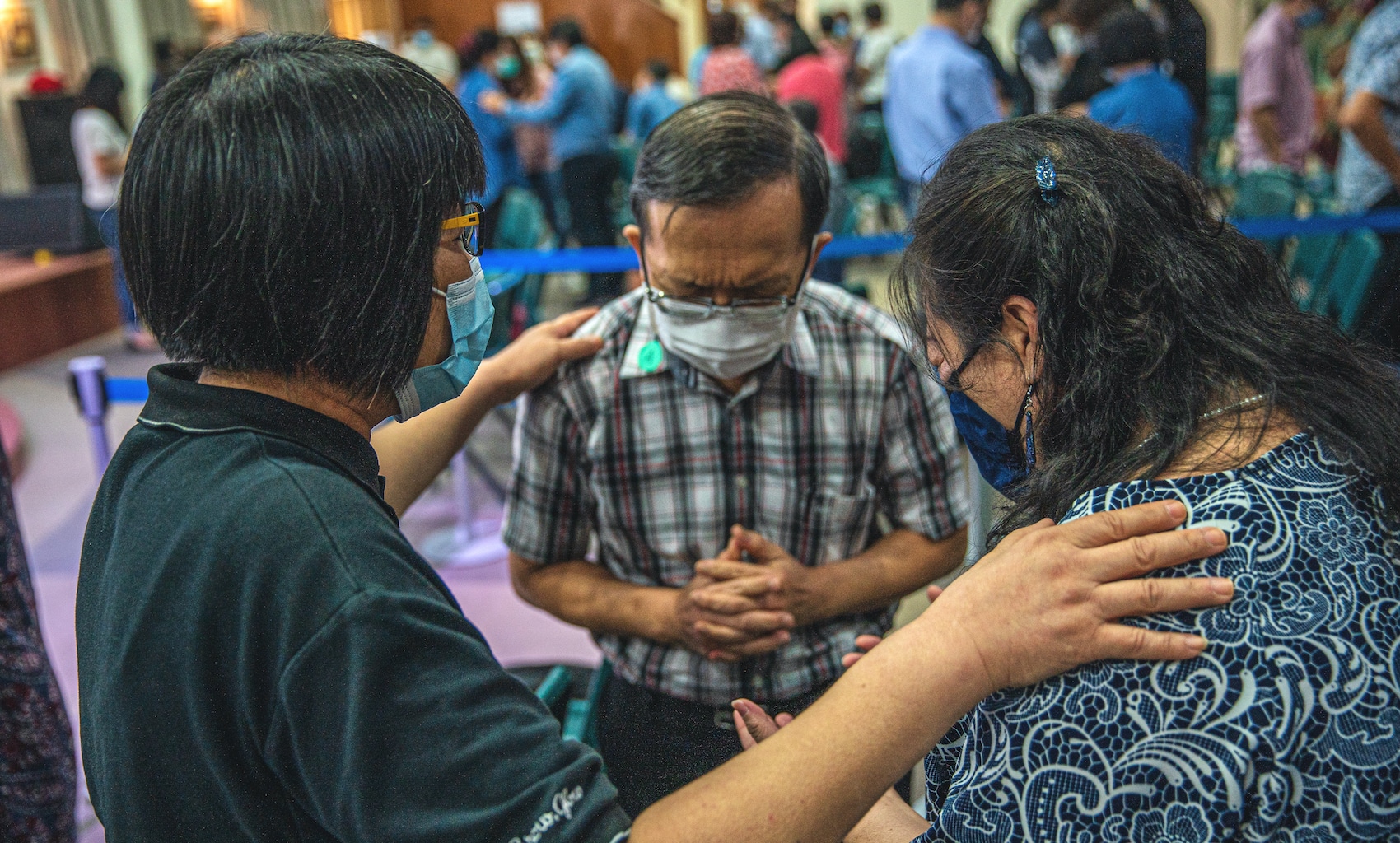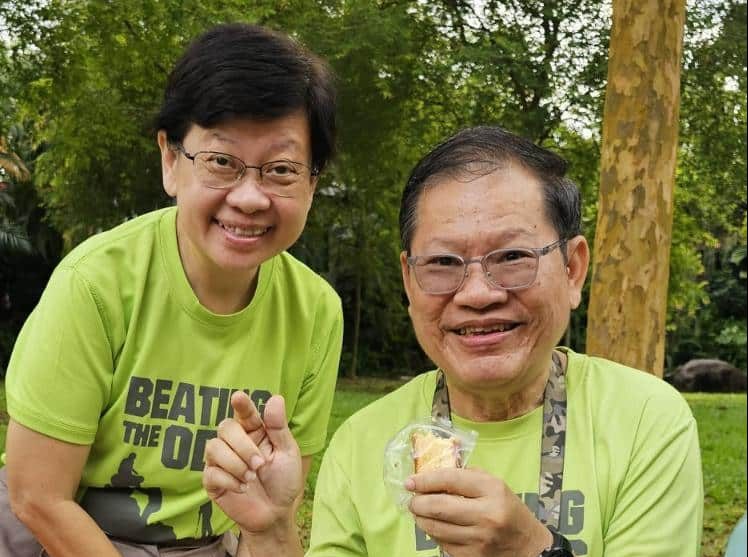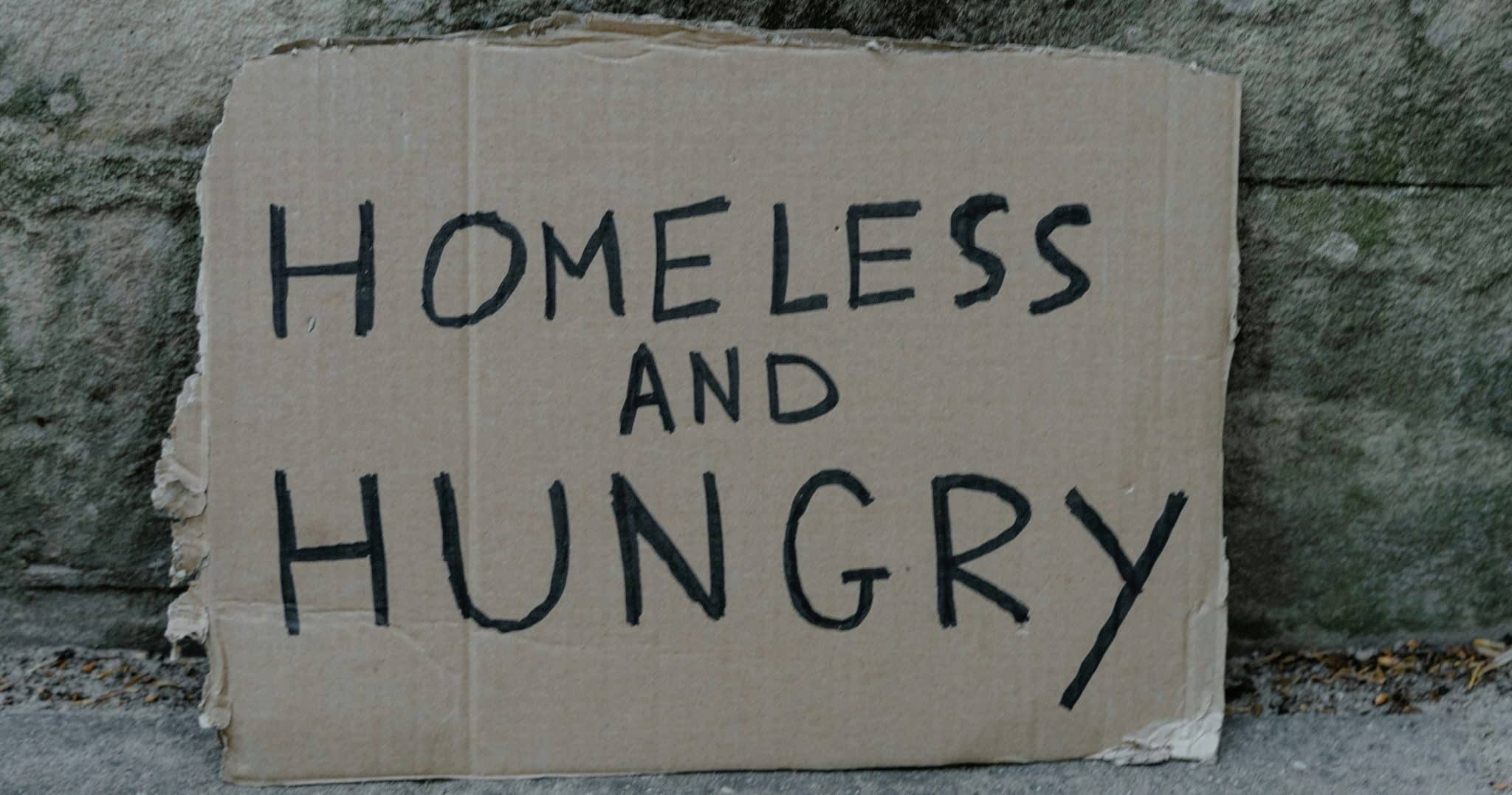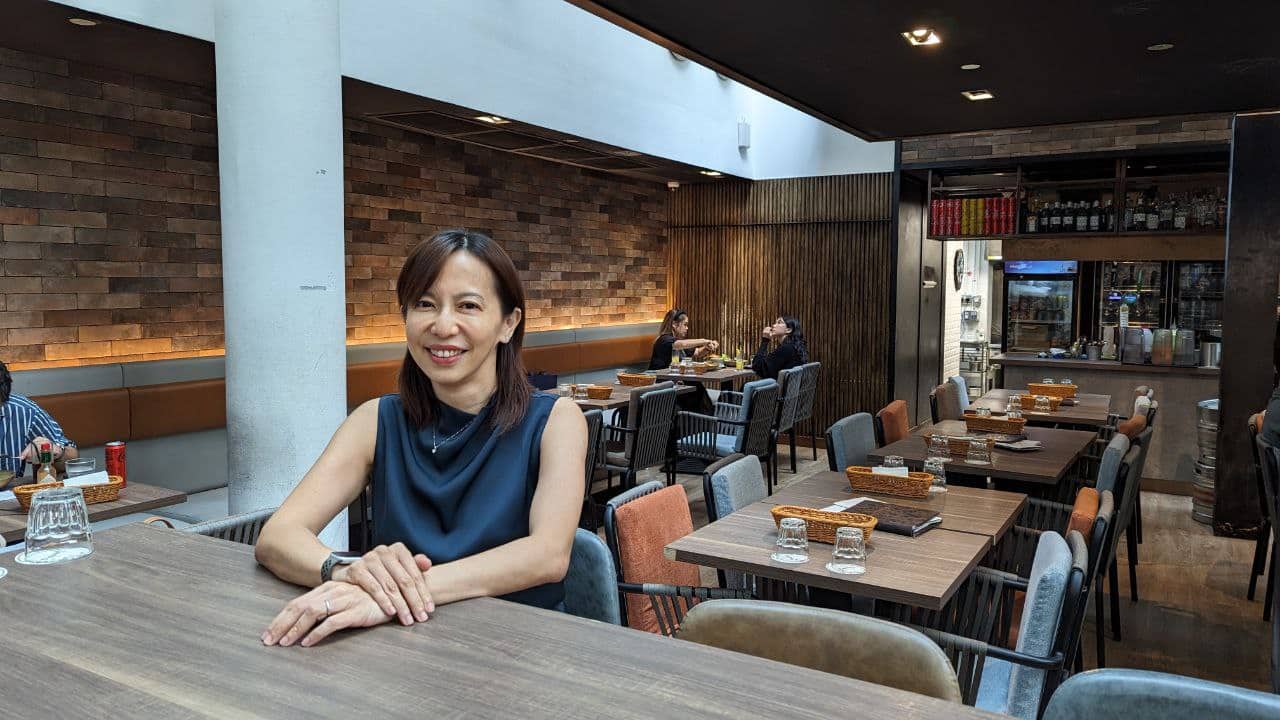A church community is like a family. In hard times, would I opt to be adopted by another?
Benny Bong // February 7, 2022, 12:02 pm

Being part of a community often calls for getting along with people who are easy to be with as well as with others who are challenging. "Is it training, so that when we get to Heaven we are better able to live with others for eternity?" asks the author. Photo by the Thirst Collective.
“I don’t mind the Christian God, it’s the Christians that I have a problem with!”
A statement like this is unfortunate, since Christ’s followers are supposed to be the earthly expression of God’s compassion and His presence.
Clearly, many of us are not doing a good job of it.
Great expectations
Not only do some Christians turn people off the faith, we sometimes find the company of some believers so disagreeable that we remove ourselves from their presence. Some believers leave one church for another, hoping to find it more welcoming and supportive. Some hop from one church to another when their favourite pastor leaves or is reassigned.
Membership in a spiritual family implies being prepared to serve – and to be served.
A commonly-held notion is that the community we join should meet our needs.
Yet such expectations cannot always be satisfied. After becoming a parent, I felt that the Sunday School ministry in the church we were attending was lacking and we then looked for a church that could cater to the needs of both adults and children.
A “consumerist” view of church-going — to be spiritually fed, to get the weekly pick-me-up from a rousing worship service, or to have social needs met by a community of caring like-minded folks — falls short of what it means to be in a community.
Serving and sharing
Belonging to a community is also about sharing in its mission, work and responsibilities.
Service does not confer immunity from negative experiences in relating with others.
It is like being in a family.
If a family is only about what it does for me, then during hard times, do I opt to be adopted by another family? Or if I have a falling out with a sibling, do I quit my family and move to another? Yet, many believers seem to adopt a similar view of being in a church.
Service in one’s community arises out of a natural extension of being served by it.
Membership in a spiritual family implies being prepared to serve – and to be served. Such service can take many forms. Some are more public (such as in teaching or ushering), while others are more private (such as showing concern to a member who looks downcast).
And as we find our niche and serve, this becomes another reason for staying on in that community.
Training ground?
Being part of and serving in a community often calls for getting along with people who are easy to be with as well as with others who are challenging.
Service does not confer immunity from negative experiences in relating with others. Service may even open up areas of conflict — some may challenge your teaching or wonder if your service is a declaration that you are holier than others.
Even when we complain, protest or even rebel, He never withdraws His love.
I sometimes wonder why God, knowing that it can at times be disappointing and painful, wants us to remain in community. Is it training, so that when we get to Heaven we will be better able to live with others for eternity?
Or is it a lesson? That unlike us, His love and acceptance of us is unconditional. Even when we complain, protest or even rebel, He never withdraws His love.
So, the next time we are upset with a fellow member or find ourselves losing patience with another, we could remind ourselves quietly that God has a plan for us in our community. His plan is for our good, no matter how challenging it may feel.
This article was first published in the Methodist Message, January 2022, and has been republished with permission.
FOR MORE LIKE THIS:
Churches in Malaysia keep up 24-hour “firewall” prayer chain as Covid infections and deaths soar
We are an independent, non-profit organisation that relies on the generosity of our readers, such as yourself, to continue serving the kingdom. Every dollar donated goes directly back into our editorial coverage.
Would you consider partnering with us in our kingdom work by supporting us financially, either as a one-off donation, or a recurring pledge?
Support Salt&Light




